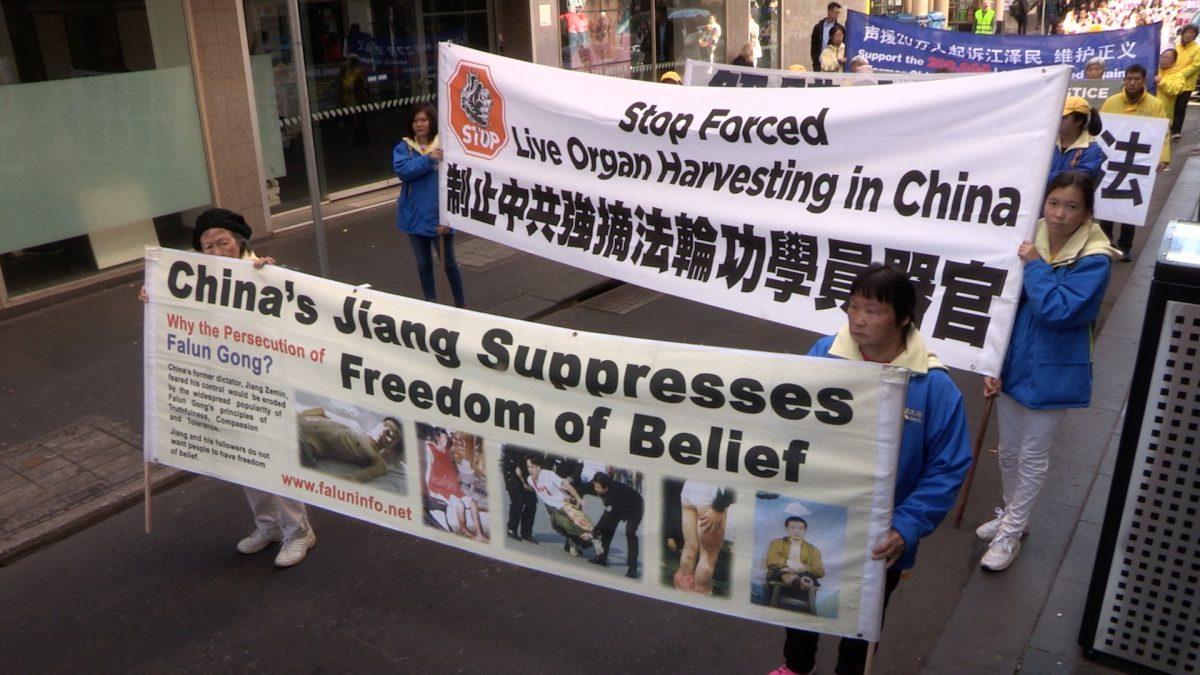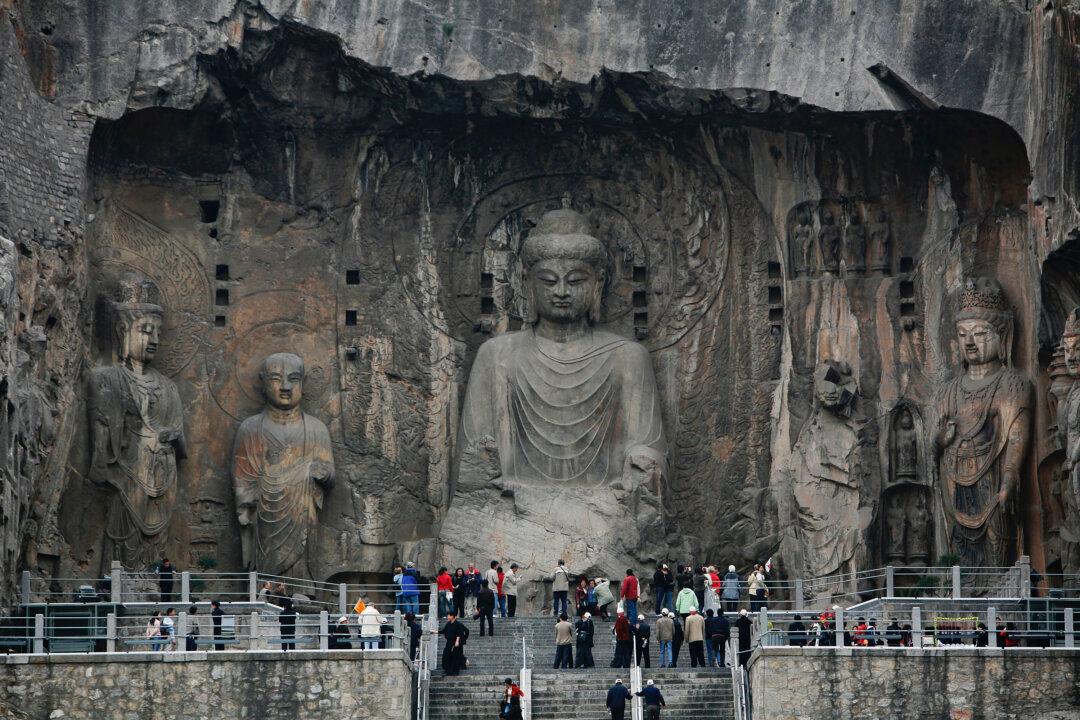Former Chinese leader Jiang Zemin died on Nov. 30. Usually, when a leader of a powerful country or political party passes away, people will discuss his political legacy. I want to share how Jiang reshaped China and the Chinese Communist Party (CCP).
Jiang rose to power shortly after the 1989 Tiananmen Square massacre. Before the June 4 Incident, hundreds of thousands of protesters gathered to appeal for democracy and call for political reform. The Politburo, the CCP’s top decision-making body, was divided on handling the student-led protests. Zhao Ziyang, then-general secretary of the CCP, wanted to resolve the protests by holding dialogues with the students and following the rule of law. At the same time, Deng Xiaoping and Li Peng felt they needed to suppress the protesters with military force. Jiang chose to stand with Deng. We all know that thousands of students and Beijing residents were killed by tanks and machine guns. Jiang became the beneficiary of those deaths. He later became the CCP’s top leader (from 1993 to 2003) because he supported the brutal and bloody massacre.
Corruption
Jiang’s first legacy is corruption. Before the Tiananmen Square massacre, most Chinese people still believed in communism and felt that the CCP was doing everything for the benefit of the people. Yet the massacre, as well as the collapse of the Soviet Union and other communist countries in Eastern Europe, proved that communist leaders don’t care about the people, but only themselves. In this case, the CCP’s legitimacy is facing an ideological crisis.Deng decided to further his “reform and opening” to make Chinese people rich and ordained that we don’t argue on ideology. Since the CCP was no longer bound by an ideology, Jiang decided to corrupt Party members through money and power. In return, those corrupt officials would defend Jiang’s interests because the regime could guarantee their power and family interests. On the other hand, since everyone was corrupt, if anyone dared to challenge Jiang, he could accuse him of corruption and throw him in jail.
The corruption has become so severe that in the late 1990s, the Chinese argued that if you kill every CCP official, someone might be killed by mistake, but if you kill every other CCP official, there must be some who successfully escaped the purge. Therefore, none of Jiang’s successors, including Hu Jintao and Xi Jinping, dared to touch this issue because if they purged all corrupt officials, the CCP would no longer exist.

Persecution of Falun Gong
Jiang’s second political legacy is the persecution of Falun Gong, also known as Falun Dafa. The spiritual practice consists of moral teachings and daily meditative exercises. Introduced in China in 1992, the practice had attracted 100 million followers by the decade’s end.But as a dictator, Jiang didn’t want such a large group of people to deviate from communist ideology, and he also feared that these people would respect the founder of Falun Gong more than him. In July 1999, Jiang launched a political campaign to demonize Falun Gong and started to persecute its adherents brutally. Thousands of deaths were reported, and there must be many more.
The key issue is that Falun Gong adherents are peaceful and have never violated any law. They’re just exercising the freedom of belief, which was written in China’s Constitution. When the persecution started, Falun Gong practitioners began to resist the persecution peacefully. We know that in any free society, there are many tools you can use to fight for your own rights. You can use the media to refute baseless accusations. You can file a lawsuit to stop the government from abusing its power. You can use your vote to change the government. You can take up your grievances with your congressman or congresswoman. But to persecute Falun Gong, Jiang had to destroy all the tools that could uphold justice. This had severe consequences.
When every single way of maintaining justice is damaged, other groups become victims. Here’s an example. China used to have a petition office that accepted people’s appeals via letters or in-person visits. When the persecution started, Falun Gong adherents used it as a channel to communicate with the regime. But Jiang decided to exclude Falun Gong from this petition process. People could still appeal for other reasons, such as forced demolitions of homes. Eventually, corrupt CCP officials just labeled petitioners as Falun Gong practitioners, and the petition office was shut down for everyone.
Another example is the use of concentration camps. Falun Gong adherents can be thrown into camps without any chance to appeal and are unable to seek the protection of the law. Later, concentration camps were used to persecute Uyghurs. Falun Gong practitioners were among the first victims of live organ harvesting; later, other people also became victims of this crime.
Jiang established the “610 office” to coordinate all government departments—including the military, propaganda, intelligence, education, and so forth—to persecute Falun Gong, which reshaped the country’s organizational structure.
Jiang also demonized Falun Gong’s tenets of truthfulness, compassion, and tolerance. We can imagine what a society would be like if people didn’t adhere to those principles. Alexis de Tocqueville said, “America is great because she is good, and if America ever ceases to be good, she will cease to be great.”
If the Chinese people believe in the opposite of truthfulness, compassion, and tolerance, can China still be a good country?





